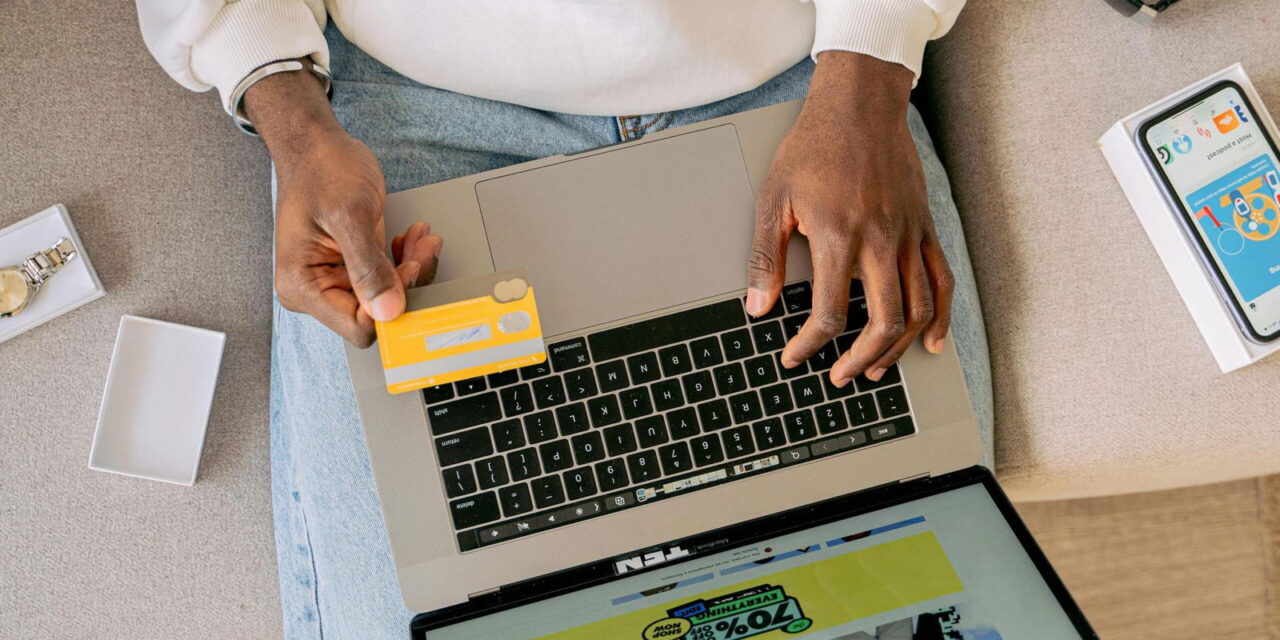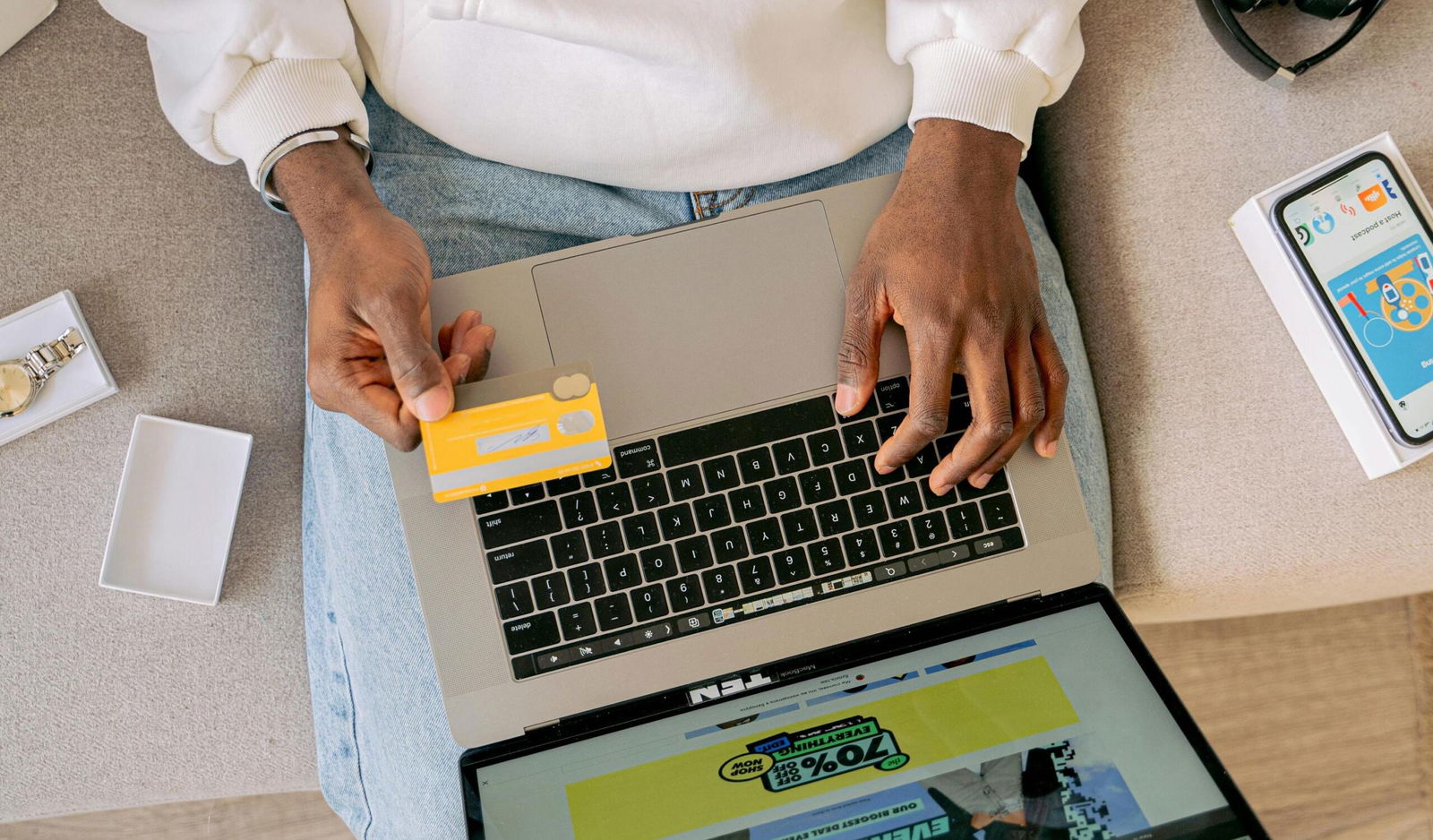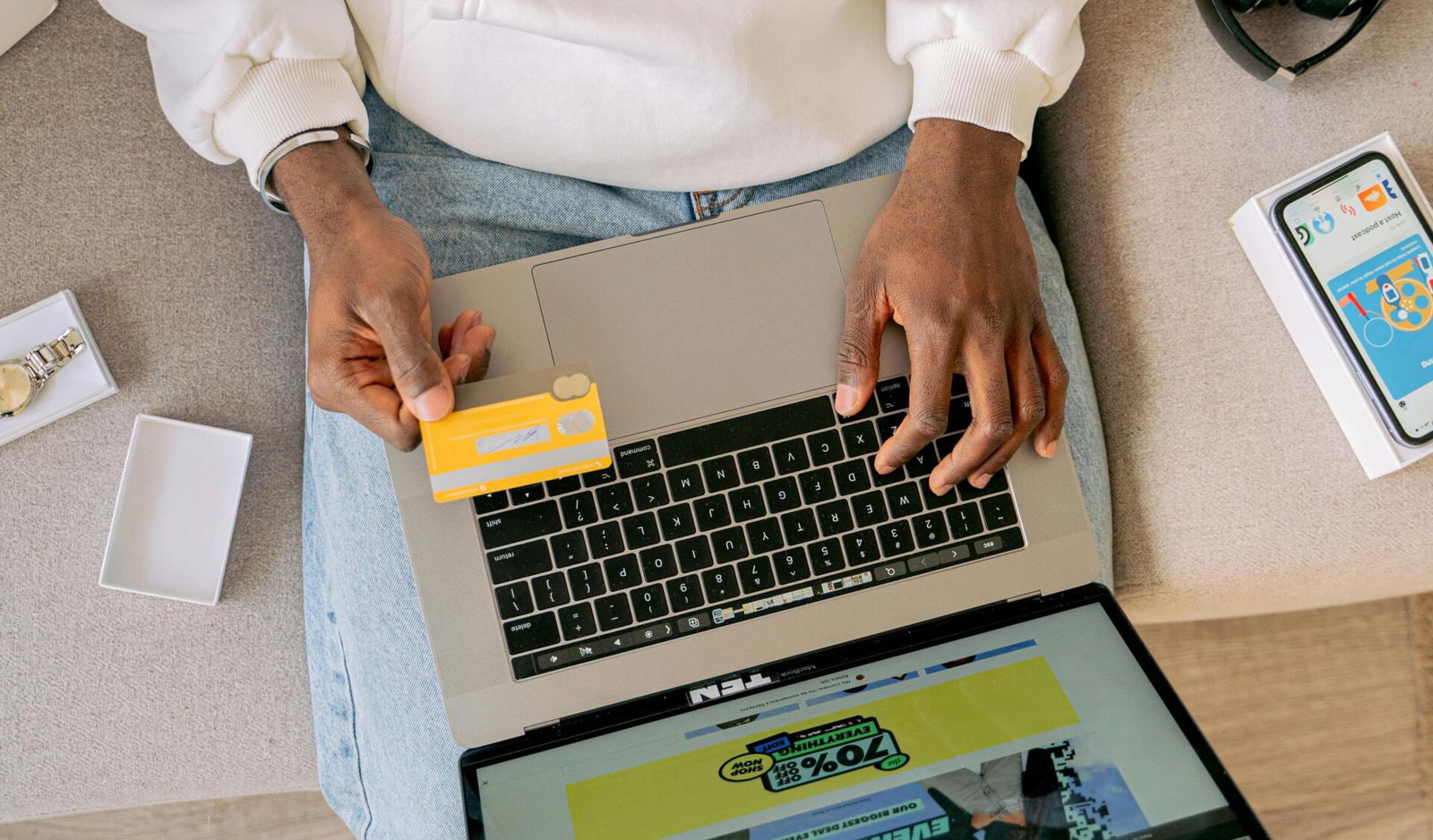December 30, 2024
These scammers are getting clever….
{ alert(‘URL copied to clipboard’); }) .catch((error) => { console.error(‘Error copying URL: ‘, error); }); } ]]>
News4jax reports that a woman from Jacksonville, Florida, is being charged with allegedly defrauding retailers out of more than $32 million through a fraudulent coupon scheme.
Cindi Swindle was federally indicted after she allegedly “knowingly purchased” coupons for $5,000 from couple Lori Ann and Pacifico Talens between April 2017 and Feb. 2020. With more than 42 transactions, the counterfeit coupons were worth $334,388.60 to manufacturers and retailers. Law enforcement says the Talens, from Virginia Beach, sold fake coupons through social media and communicated to their clients using an encrypted messaging app.
Lori Ann would allegedly print the coupons and ship them to Swindle in Jacksonville after accepting online payments through Bitcoin and PayPal. At times, Lori Ann would exchange coupons for stolen rolls of the special paper stores that used to print out coupons. When authorities searched the Talens’ residence, thousands of fake coupons, coupon paper, and coupon designs for more than 13,000 products were found on her computer.
The Talens are already serving close to 20 years in prison for the scheme, with Lori Ann sentenced to 12 years and Pacifico sentenced to seven years due to his knowledge of the crime and profiting from it. Attorney at Plata Schott Law, Shannon Schott, warned of the dangers of such incidents and claims those involved aren’t what some may think.
She also alleges retailers are paying close attention to their bottom lines. “It’s easy to think, ‘Oh, nobody’s getting hurt by this.’ But the reality is that the people who stock the shelves, the people who run the cash registers, who are making minimum wage, the margins are covering their paychecks, and when a company is not making the money that they expect to make, even with the coupons that they did the math to issue, what we are going to see is bankruptcy and things of that nature,” she said.
Scammers have become clever at promoting fake coupons for consumers looking to save money, mostly around the holiday season. WTHI reports the Better Business Bureau (BBB) has received several reports of scammers using counterfeit coupons to trick consumers into getting their personal information. Consumers find a coupon for a recognizable brand via social media, text, or email, with a steep discount of around 80% off the regular price. With the website being fake, credit card information is exposed.
The BBB says to avoid being scammed, consumers should look at the URL. Don’t click if it looks like a random assortment of letters and numbers or is a shortened link. Customers should only visit official websites to avoid downloading malware onto their computers. If customers aren’t sure, the agency recommends visiting the company’s website directly to look for the coupon.
RELATED CONTENT: Florida Man Pleads Guilty To $1 Million COVID-19 Relief Scam





